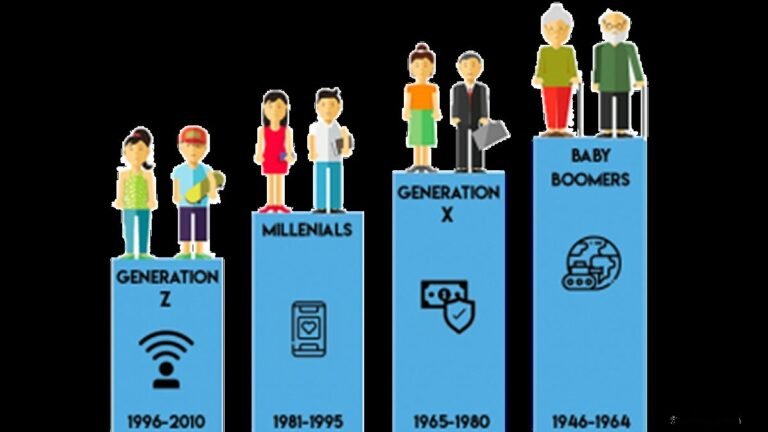Imagine a society where mental health precedes physical health and where young voices advocate mental health as the foundation of a fulfilling life. This is not a distant utopia, but an evolving reality in Turkiye, as recent research reveals a significant generational shift. Young Turks between the ages of 18 and 34 are increasingly prioritizing mental health over physical fitness, marking a period of change in the nation’s approach to wellbeing.
A new era of cognition
The study, which included more than 2,000 participants across Turkiye, highlights a compelling trend. 78.4% of young people now think mental health is more important than physical health, a slight decrease from last year, but still the majority. This decline from 81.8% in 2022 to 79.8% in 2023 and 73.8% of the general population in 2024 does not reflect a decline in awareness of the importance of mental health, but rather an increase in overall health. It shows a subtle readjustment of values towards perspective. It encompasses both the mental and physical aspects.
Gender differences also emerged, with men (76.3%) slightly more likely to prioritize mental health than women (71.4%). The findings challenge traditional stereotypes about gender and mental health and suggest a broader cultural shift towards recognizing and addressing mental health issues.
The role of faith in mental health
One of the most interesting aspects of the research is investigating the impact of religious beliefs on mental health. The majority of the Turkish population (75.2%) believes that religious beliefs have a positive impact on mental health. This sentiment extends across gender, being most pronounced among individuals aged 35 to 54 at 83.1%. The intersection of faith and mental health highlights how cultural and spiritual values shape Turkiye’s perceptions and attitudes towards well-being.
The findings suggest a complex relationship between spirituality and mental health, which merits further exploration. This reflects a broader understanding of mental health that goes beyond the individual and encompasses communities, faiths and cultural identities.
Intergenerational wisdom: an old perspective
Interestingly, the study also revealed that a significant portion (75.1%) of people aged 55 and over believe that mental health is more important than physical health. This cross-generational consensus on the importance of mental health challenges the notion that concern for mental health is simply a characteristic of young people, and supports mental health as an important component of overall well-being. It suggests a shared social shift towards recognition.
This study, conducted using the CAWI methodology, provides a comprehensive snapshot of changing health priorities in Turkiye. As countries grapple with global challenges such as the pandemic and economic uncertainty, the focus on mental health reflects a resilient society adapting to the demands of the modern world.
As Turkiye continues on this path of transformation, the insights gained from this research will not only shed light on the evolving priorities of its citizens, but also help other countries navigate the complex balance between mental and physical health. It also provides a ray of hope. Turkiye’s journey to achieving spiritual well-being in adolescence points the way to a future where health is seen through the lens of holistic harmony that goes beyond the physical and encompasses the heart and spirit.


